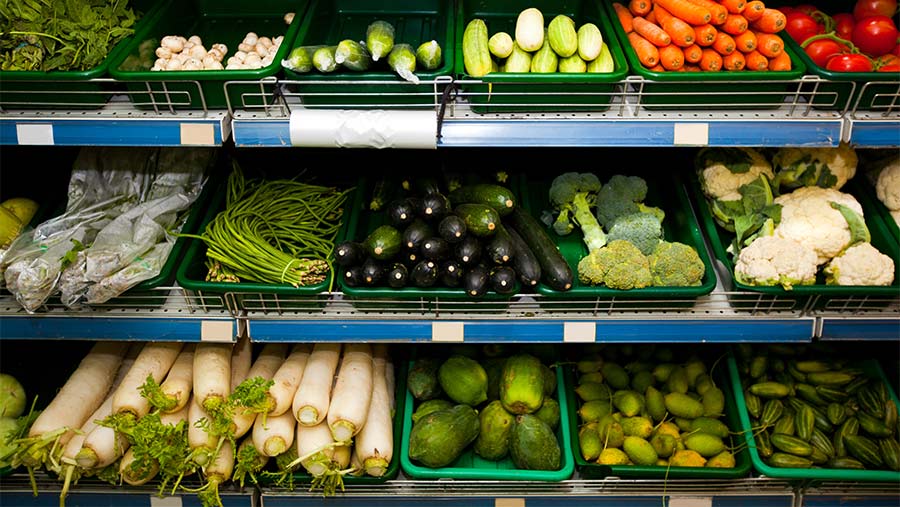This Week in Farming: Price caps, grants and machinery costs
 © Moodboard/Adobe Stock
© Moodboard/Adobe Stock Hello and welcome to another edition of This Week in Farming, your regular round-up of the best Farmers Weekly content from the past seven days.
Here are five of the biggest topics that we’ve covered and a look ahead to what’s coming up on the next edition of the FW podcast.
This cap doesn’t fit…
If the government wanted feedback on its idea to work with retailers on a voluntary price cap for some staple foods, well, they’ve got it – near universal confusion and condemnation from the whole supply chain.
The proposal, which first emerged in last week’s Sunday papers, sought to emulate a similar project already underway in some European countries, including France.
In my editorial this week I note the broad variety of criticisms – political, economic, doubts over workability – but also question the confusing signal a voluntary measure sends. Is it worth doing or not?
…nor does this one
Staying in the political realm, we had another insight this week into Labour’s plans for the countryside if they get into power – a proposal to allow local authorities to compulsorily purchase land for development at a capped agricultural value.
This has attracted criticism from Central Association of Agricultural Valuers’ secretary and adviser Jeremy Moody, who said it would risk fouling up markets, as it would remove the incentive for many landowners to bring sites forward for development at all.
Labour is currently well ahead in the polls, with a slew of high-profile Tories forecast to lose their seat at the next general election if their lead is maintained, including farming minister Mark Spencer.
Managing machinery costs
No-one upgrading their kit in the past few years can fail to have noticed how prices of new machinery has soared, incentivising farmers to maintain their existing fleet for longer to manage cashflow and depreciation.
Business editor Suzie Horne this week spoke to consultant Jamie Gwatkin about how to put a financial framework behind decision-making, including a reasonable target for horsepower per hectare.
Over in the machinery section, there’s an in-depth piece on restoring or replacing one of the most overlooked and hard-working parts of all – the operator’s seat.
We also speak to a contractor who has retrofitted nutrient analysis kit to his ageing self-propelled forage harvester, and another who has just shelled out close to £480,000 for a new forager.
Milk price drops again
The farmgate price of milk has now given up most of the gains it made in the past 12 months, amid further price cuts this week from dairy giant Arla.
The co-operative cut another 1.78p/litre from its June price, putting a standard manufacturing litre at 35.21p/litre.
Muller, Freshways and Barber’s Cheesemakers also revealed cuts to their July prices.
There will be some relief for farmers as the effect of falling input prices feed through, and grain markets also dropping sharply this week, with the farmgate wheat price now standing at less than half of where it was 12 months ago.
Grant-funded gear
With the cost of kit so high, government grants can provide much-needed help with purchasing some necessary items that will improve productivity or health and safety.
Livestock reporter Michael Priestley sat down with livestock handling equipment salesman Edward Wise to discuss why many grant applications fail, including a failure to plan sufficiently far ahead.
Separately, we also visit a Camarthenshire farm with dairy-calf rearing and beef-finishing enterprises that have finished work on a custom-designed handling facility able to handle up to 100 cattle an hour with just one operator.
Farmers Weekly podcast
Coming up in this week’s FW podcast includes what FW podcast editor Johann Tasker learns about the outlook for the arable sector from a variety of experts at the British Crop Production Council’s latest conference.
Listen here or bring us with you in the cab by downloading it from your usual podcast platform.
